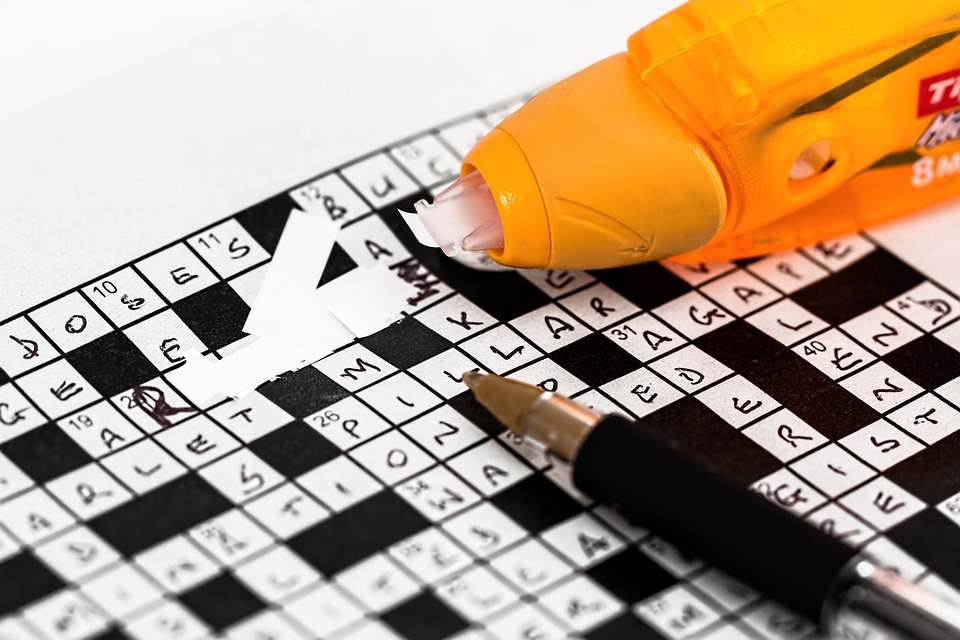
Puzzles have been a popular form of entertainment and mental stimulation for centuries. Whether it’s a jigsaw puzzle, crossword, Sudoku, or a riddle, engaging in puzzle-solving activities can provide several benefits for mental acuity and overall well-being. In this article, we’ll explore the various advantages of solving puzzles and why they are essential for maintaining a healthy mind.
Improves Cognitive Function
One of the most significant benefits of puzzle-solving is its positive impact on cognitive function. When individuals engage in solving puzzles, they are required to use critical thinking, problem-solving, and memory skills. This exercise helps to stimulate the brain and improve cognitive abilities such as memory retention, attention to detail, and overall mental acuity. Regularly engaging in puzzle-solving activities can also help prevent cognitive decline as individuals age, ultimately leading to a sharper mind and better mental function.
Reduces Stress
Solving puzzles can also serve as a form of stress relief and relaxation. When individuals focus on completing a puzzle, it diverts their attention from any stressors or anxieties they may be experiencing. The act of concentrating on solving a puzzle can provide a calming effect and help individuals achieve a sense of mindfulness and mental clarity. This can lead to a reduction in stress levels and an overall improvement in mental well-being.
Enhances Problem-solving Skills
Engaging in puzzle-solving activities can also help individuals develop and enhance their problem-solving skills. Whether it’s identifying patterns in a jigsaw puzzle or finding the right word in a crossword, puzzles require individuals to think critically and develop creative solutions to overcome challenges. This can translate into improved problem-solving abilities in other areas of life, such as work, relationships, and everyday decision-making.
Boosts Mood and Confidence
Completing a puzzle can bring about a sense of accomplishment and satisfaction, which can have a positive impact on an individual’s mood and confidence. The act of successfully solving a puzzle can boost self-esteem and provide a sense of validation for one’s abilities. This can ultimately contribute to a more positive outlook on life and an increased sense of self-worth.
FAQs
Why do puzzles benefit mental acuity?
Puzzles benefit mental acuity by stimulating the brain and requiring the use of critical thinking, problem-solving, and memory skills. This exercise helps to improve cognitive abilities, memory retention, and attention to detail.
How do puzzles promote relaxation?
Puzzles promote relaxation by diverting individuals’ attention from stressors or anxieties. The act of concentrating on solving a puzzle can provide a calming effect and help individuals achieve a sense of mindfulness and mental clarity.
What are the long-term benefits of puzzle-solving?
The long-term benefits of puzzle-solving include improved cognitive function, reduced stress, enhanced problem-solving skills, and a boost in mood and confidence. Regularly engaging in puzzle-solving activities can also help prevent cognitive decline as individuals age.
Conclusion
In conclusion, puzzle-solving offers numerous benefits for mental acuity and well-being. From improving cognitive function and reducing stress to enhancing problem-solving skills and boosting mood and confidence, engaging in puzzles can have a profound impact on one’s mental health. Therefore, incorporating puzzle-solving activities into one’s routine can be an effective way to maintain a sharp mind and achieve overall mental well-being.




